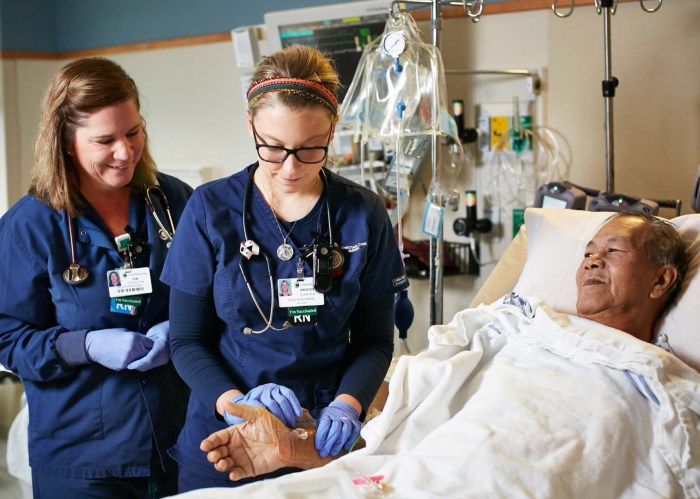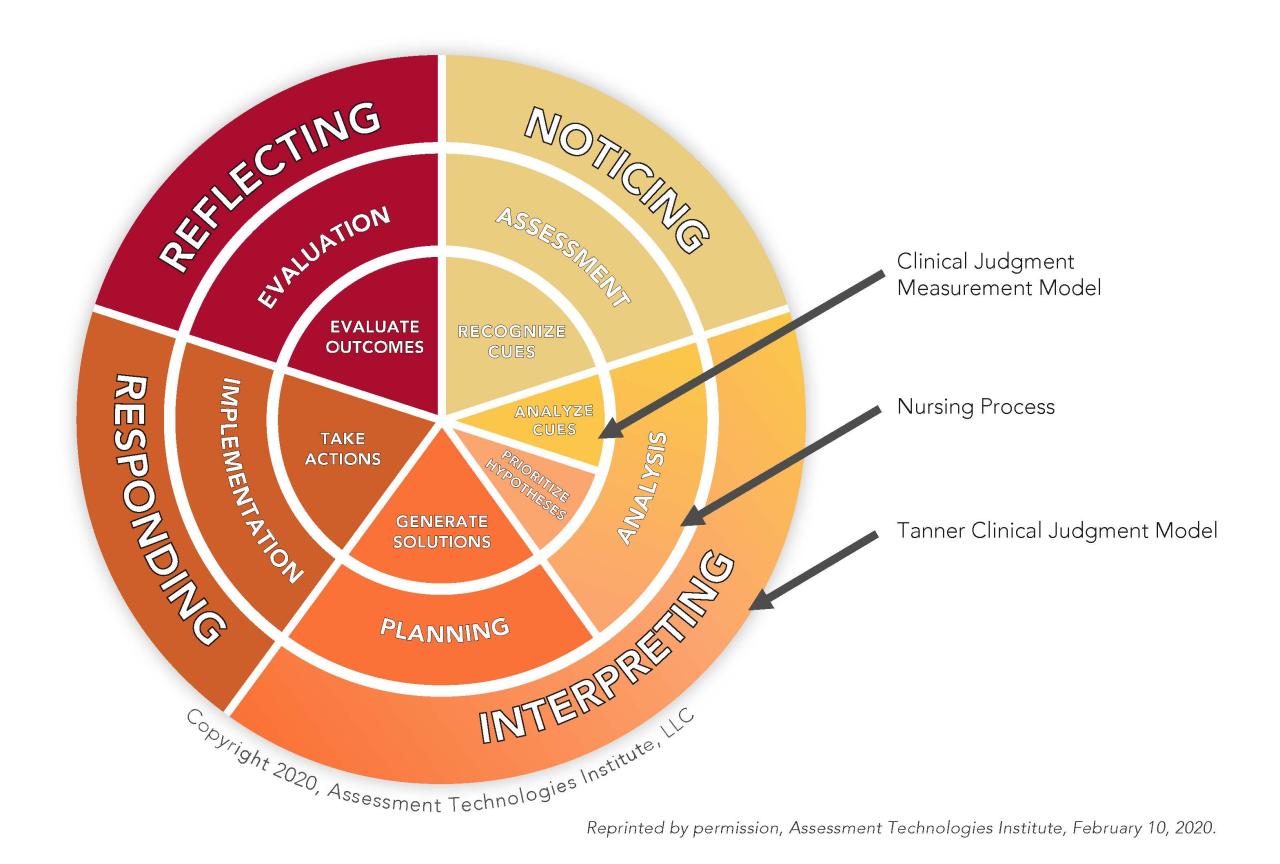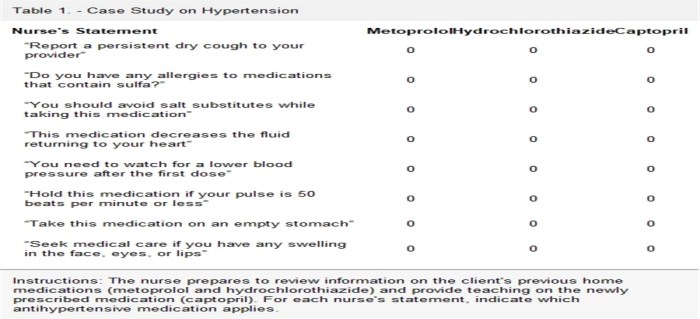RN 3.0 Clinical Judgment Practice 2 revolutionizes nursing practice by empowering nurses with the knowledge, skills, and decision-making abilities to deliver exceptional patient care. This innovative approach emphasizes the integration of evidence-based practices, critical thinking, and interdisciplinary collaboration, fostering a culture of continuous improvement and patient-centered care.
The core components of RN 3.0 Clinical Judgment Practice 2 encompass assessment, analysis, planning, implementation, and evaluation, providing a structured framework for nurses to navigate complex clinical scenarios. These components work synergistically to enhance nurses’ ability to identify patient needs, develop individualized care plans, and make informed decisions that optimize patient outcomes.
Introduction

RN 3.0 Clinical Judgment Practice 2 is a comprehensive assessment tool designed to evaluate the clinical judgment skills of registered nurses (RNs).
It is a standardized, scenario-based assessment that measures RNs’ ability to apply critical thinking, problem-solving, and decision-making skills to real-world nursing situations.
Components of RN 3.0 Clinical Judgment Practice 2

RN 3.0 Clinical Judgment Practice 2 consists of several key components that work together to enhance clinical judgment in nurses. These components include:
- Clinical Simulations:Realistic scenarios that provide a safe and controlled environment for nurses to practice clinical decision-making.
- Debriefing Sessions:Structured discussions that follow clinical simulations, allowing nurses to reflect on their performance, identify areas for improvement, and receive feedback from instructors.
- Case Studies:Real-world patient cases that nurses analyze to develop clinical reasoning and problem-solving skills.
- Self-Reflection Activities:Guided exercises that encourage nurses to evaluate their own clinical judgment and identify areas for growth.
- Peer Review:Opportunities for nurses to observe and provide feedback to their peers, fostering collaboration and shared learning.
These components work together to provide a comprehensive approach to clinical judgment practice. Clinical simulations and case studies provide opportunities for hands-on practice and application of knowledge. Debriefing sessions and self-reflection activities facilitate critical thinking and evaluation of performance. Peer review fosters collaboration and sharing of best practices.
Together, these components contribute to the development of strong clinical judgment skills in nurses.
Implementation of RN 3.0 Clinical Judgment Practice 2

The implementation of RN 3.0 Clinical Judgment Practice 2 in nursing practice requires a multifaceted approach that involves leadership, education, and ongoing support. To effectively integrate this practice into the clinical setting, nurses must have a clear understanding of its principles and how they can be applied in real-world scenarios.
Strategies for Implementation, Rn 3.0 clinical judgment practice 2
Several strategies can be employed to facilitate the implementation of RN 3.0 Clinical Judgment Practice 2:
- Leadership Support:Hospital and nursing leaders must demonstrate their commitment to RN 3.0 Clinical Judgment Practice 2 by providing resources, creating a supportive work environment, and empowering nurses to make evidence-based decisions.
- Education and Training:Nurses require comprehensive education and training to develop the knowledge and skills necessary to apply RN 3.0 Clinical Judgment Practice 2. This includes understanding the principles of the practice, as well as how to use assessment tools and make clinical decisions.
- Mentorship and Coaching:Experienced nurses can provide mentorship and coaching to support less experienced nurses in implementing RN 3.0 Clinical Judgment Practice 2. This can help nurses develop confidence in their decision-making abilities and improve patient outcomes.
- Continuous Quality Improvement:Ongoing monitoring and evaluation of RN 3.0 Clinical Judgment Practice 2 is essential to ensure its effectiveness and identify areas for improvement. This involves collecting data on patient outcomes, nurse satisfaction, and other relevant metrics.
Examples of Application
In practice, RN 3.0 Clinical Judgment Practice 2 can be applied in various ways to improve patient care:
- Assessment:Nurses use RN 3.0 Clinical Judgment Practice 2 to conduct comprehensive assessments of patients, identifying potential risks and developing appropriate interventions.
- Decision-Making:RN 3.0 Clinical Judgment Practice 2 provides a framework for nurses to make evidence-based decisions about patient care, taking into account the patient’s preferences and values.
- Communication:Nurses use RN 3.0 Clinical Judgment Practice 2 to effectively communicate with patients, families, and other healthcare professionals, ensuring that everyone is informed and involved in decision-making.
Benefits of RN 3.0 Clinical Judgment Practice 2

RN 3.0 Clinical Judgment Practice 2 offers numerous benefits that positively impact patient outcomes, enhance nurse satisfaction, and contribute to overall healthcare quality.Implementing RN 3.0 Clinical Judgment Practice 2 empowers nurses to make informed decisions based on evidence-based practices. This leads to improved patient care, reduced errors, and better overall health outcomes.
By providing nurses with a structured framework for assessing and responding to patient situations, RN 3.0 Clinical Judgment Practice 2 promotes consistency and standardization in nursing practice, ensuring that patients receive high-quality care regardless of the nurse or setting.
Enhanced Nurse Satisfaction
RN 3.0 Clinical Judgment Practice 2 enhances nurse satisfaction by providing nurses with the tools and support they need to practice effectively. The structured framework and evidence-based guidelines empower nurses to feel more confident in their decision-making, leading to reduced stress and increased job satisfaction.
Additionally, RN 3.0 Clinical Judgment Practice 2 fosters a culture of collaboration and support among nurses, creating a positive and rewarding work environment.
Improved Patient Outcomes
RN 3.0 Clinical Judgment Practice 2 directly contributes to improved patient outcomes by ensuring that patients receive timely and appropriate care. The structured assessment process helps nurses identify and prioritize patient needs, leading to early detection and intervention. By providing nurses with a standardized approach to patient care, RN 3.0 Clinical Judgment Practice 2 reduces variability in practice and promotes evidence-based decision-making, resulting in better health outcomes for patients.
Contribution to Overall Healthcare Quality
RN 3.0 Clinical Judgment Practice 2 plays a vital role in improving overall healthcare quality by promoting evidence-based practice, reducing errors, and enhancing patient safety. The structured framework and standardized assessment process help ensure that patients receive consistent, high-quality care regardless of the nurse or setting.
By empowering nurses to make informed decisions, RN 3.0 Clinical Judgment Practice 2 contributes to the delivery of safe, effective, and patient-centered care, ultimately leading to improved healthcare outcomes.
Challenges in Implementing RN 3.0 Clinical Judgment Practice 2

Implementing RN 3.0 Clinical Judgment Practice 2 can present several challenges that require careful consideration and strategic planning to ensure successful adoption and sustained impact. Understanding these challenges and developing effective strategies to address them is crucial for healthcare organizations seeking to optimize patient outcomes and enhance the quality of care.
Resistance to Change
One significant challenge is resistance to change from healthcare professionals. Nurses may be accustomed to traditional methods and may be hesitant to embrace new practices. This resistance can stem from various factors, including fear of the unknown, concerns about increased workload, or perceived lack of relevance to their current practice.
Strategies for overcoming resistance include:
- Engaging nurses in the planning and implementation process to foster ownership and buy-in.
- Providing comprehensive training and support to address concerns and build confidence.
- Demonstrating the benefits and positive outcomes of RN 3.0 Clinical Judgment Practice 2 through data and case studies.
Lack of Resources
Implementing RN 3.0 Clinical Judgment Practice 2 may require additional resources, such as training materials, technology upgrades, or dedicated time for nurses to participate in the practice. Limited resources can hinder the successful adoption and sustainability of the new practice.
Strategies for addressing resource constraints include:
- Prioritizing resource allocation to ensure the necessary support for implementation.
- Seeking external funding or partnerships to supplement available resources.
- Optimizing existing resources through collaboration and resource-sharing.
Lack of Time
Nurses often face heavy workloads and time constraints, making it challenging to dedicate sufficient time to implement and sustain RN 3.0 Clinical Judgment Practice 2. Competing priorities and limited staffing can hinder the effective implementation of the new practice.
Strategies for addressing time constraints include:
- Identifying and prioritizing key aspects of the practice that can be integrated into existing workflows.
- Providing protected time for nurses to participate in training and practice implementation.
- Exploring flexible scheduling or team-based approaches to distribute workload and ensure adequate time for the practice.
Future Directions for RN 3.0 Clinical Judgment Practice 2

RN 3.0 Clinical Judgment Practice 2 is a dynamic and evolving framework that will continue to be refined and developed in the future. Emerging trends and innovations will shape its future evolution, driving improvements in patient care and nurse practice.
Integration of Technology
Advancements in technology will play a crucial role in enhancing RN 3.0 Clinical Judgment Practice 2. Artificial intelligence (AI) and machine learning (ML) algorithms can assist nurses in data analysis, pattern recognition, and decision-making. Integration of AI and ML into clinical practice can improve diagnostic accuracy, reduce errors, and optimize patient outcomes.
Personalized and Precision Care
The future of RN 3.0 Clinical Judgment Practice 2 lies in personalized and precision care. By leveraging data analytics and genetic information, nurses can tailor interventions and treatments to individual patient needs. This approach will enhance the effectiveness of care and improve patient experiences.
Interprofessional Collaboration
Collaboration among healthcare professionals is essential for effective patient care. RN 3.0 Clinical Judgment Practice 2 emphasizes the importance of interprofessional collaboration, fostering communication and teamwork among nurses, physicians, and other healthcare providers. Future developments will further strengthen these collaborations, leading to improved patient outcomes.
Continuous Education and Training
Nurses must continuously engage in education and training to stay abreast of advancements in clinical practice. Future directions for RN 3.0 Clinical Judgment Practice 2 will include the development of innovative educational programs and resources to support nurses in their ongoing professional development.
Research and Evidence-Based Practice
Research is fundamental to the advancement of RN 3.0 Clinical Judgment Practice 2. Ongoing research will provide evidence to support and refine the framework, ensuring that it remains grounded in the latest scientific knowledge and best practices.
Key Questions Answered
What is the significance of RN 3.0 Clinical Judgment Practice 2?
RN 3.0 Clinical Judgment Practice 2 empowers nurses with advanced knowledge and skills to make informed decisions, leading to improved patient outcomes and enhanced healthcare quality.
How does RN 3.0 Clinical Judgment Practice 2 enhance clinical judgment?
RN 3.0 Clinical Judgment Practice 2 provides a structured framework that guides nurses through assessment, analysis, planning, implementation, and evaluation, fostering critical thinking and evidence-based decision-making.
What are the challenges in implementing RN 3.0 Clinical Judgment Practice 2?
Challenges may include resistance to change, lack of resources, and time constraints. Strategies for overcoming these challenges include leadership support, education and training, and organizational commitment.